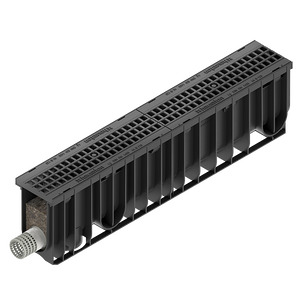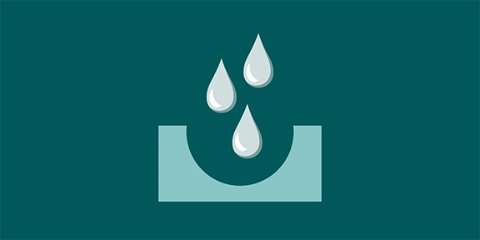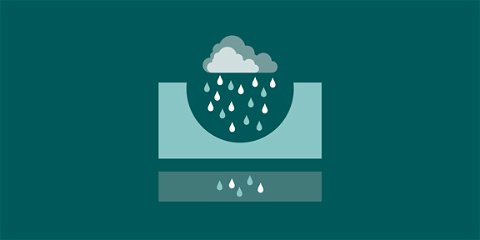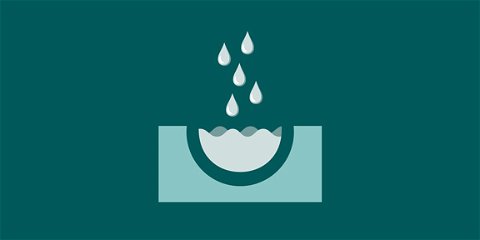The range of treatment systems
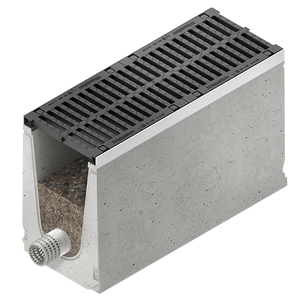
Depending on the version with FASERFIX or RECYFIX: Galvanised steel or cast iron angle housing with 40 x 40 mm insertion depth
Composite angle housing 20 x 20 mm with insertion depth
Ductile iron grating
GUGI composite gratings
- Rainwater treatment by surface filtration
- Plannable in accordance with KECO approval
- Proprietary treatment system: CIRIA SuDS Manual C753 chapter 14
- Rainwater treatment by surface filtration
- Retains the smallest of microplastics from artificial turf
Types of pollutants
- Petroleum substances / hydrocarbons
Petroleum hydrocarbons enter surface runoff as a result of leaks of crude oil, diesel and lubricants. Rainwater runoff from urbanised areas must also be treated for pollutants from traffic, industry, combustion processes or transport.
- Heavy metals
Once accumulated in rainwater deposits, heavy metals can affect the environment for a number of years. It is therefore very important to clean up these harmful compounds from exhaust gases.
- Fats and starch
Fats and starch contained in wastewater can cause deposits on the walls of pipes and sewer components and affect the corrosion of steel treatment plant components. Process wastewater containing higher than acceptable amounts of organic fats must be treated before being discharged into the sewer.
- Battery acids
In warehouses, logistics centres or garages, contamination of surface runoff water occurs by battery acids such as sulphuric and hydrochloric acid. Effluent water containing this type of contamination should undergo a neutralisation process before being discharged into the sewerage system.
Returning water to its natural cycle
When designing a treatment system, the requirements of the site in terms of rainwater treatment efficiency must be taken into account. Rainwater flowing off roofs, roads and other surfaces carries various types of pollutants (solid and liquid). Regulations in force prescribe the treatment of rainwater discharged from industrial areas, city centres, car parks, transport depots or petrol stations. Our aim is to manage rainwater in a way that is close to the natural water cycle and, at the same time, to protect the soil and groundwater from the effects of pollution.
Site-specific system selection
Depending on the type of facility, development possibilities or the type of pavement from which rainwater is discharged, the selection of a treatment system will be dictated by different indications.
Areas of application for treatment systems
You are here
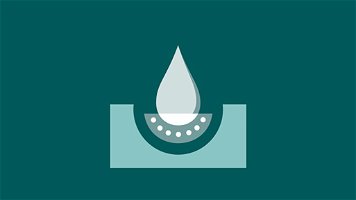
Effective treatment of polluted rainwater
